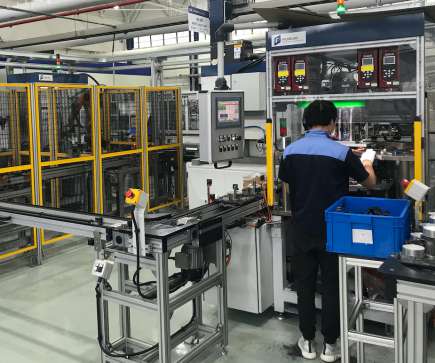Volkswagen Group to begin equipping TSI and TFSI engines with gasoline particulate filters from June 2017
Green Car Congress
JUNE 23, 2016
The Volkswagen Group will begin equipping the Group’s new TSI and TFSI gasoline direct injection engines with gasoline particulate filters (GPF). liter TSI engine in the new VW Tiguan and the Audi A5 in June 2017. This will reduce particulate emissions from the direct injection gasoline engines by up to 90%.































Let's personalize your content